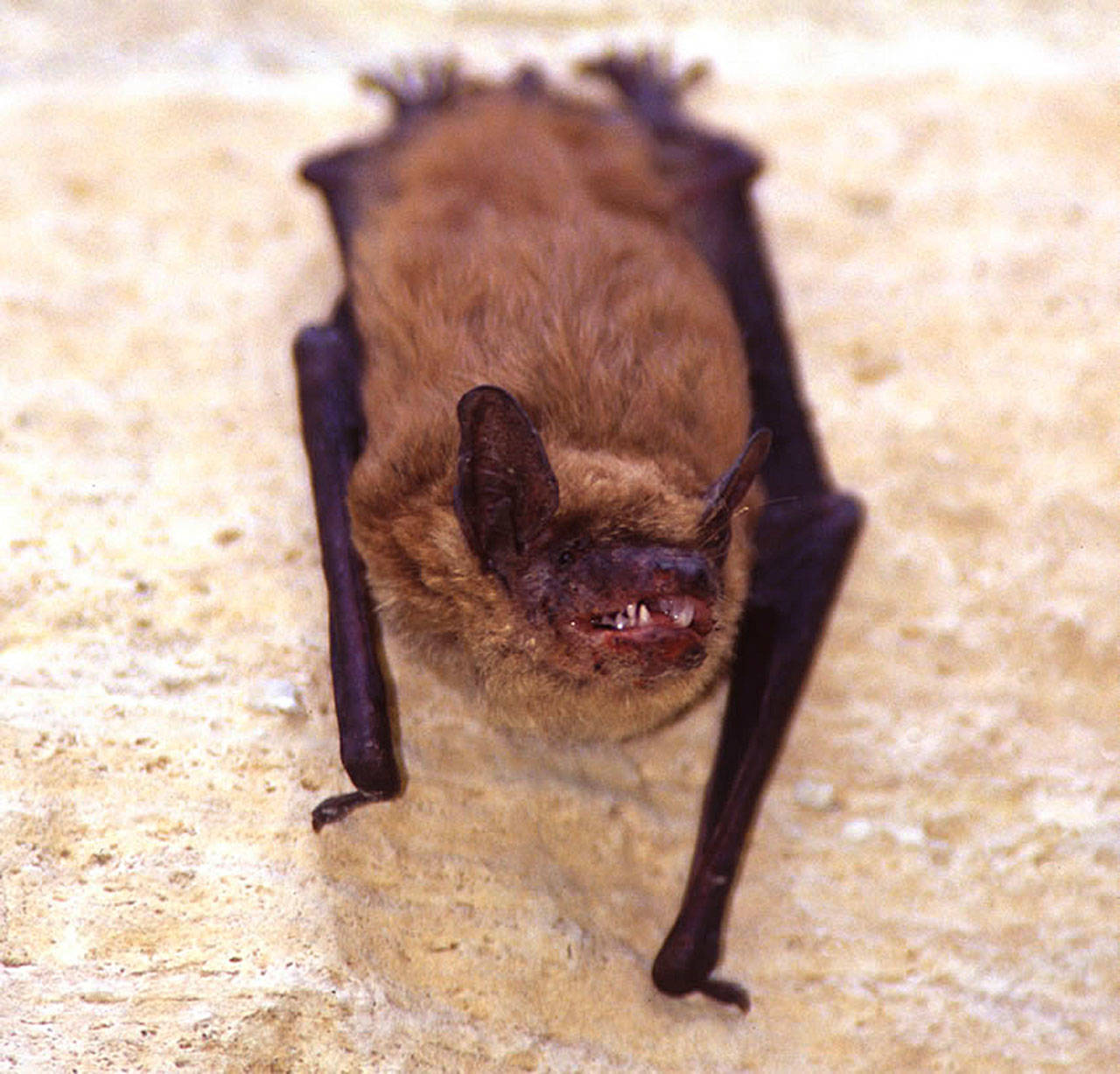Thursday marked the first official day of summer, which means longer days, picnics, barbecues and bats.
“It’s a good time of year to talk about bats,” said Dr. Brad Thomas, Island County health officer.
Specifically, talk about what to do with the animals if they get inside. He said the health department gets at least a few calls a week and sometimes several a day during the summer from people unsure of what to do with them.
Thomas discussed bats at a Board of Health meeting this week.
There are around 10 species that could be found on Whidbey Island, according to Whidbey bat biologist Sarah Schmidt. All of the local ones eat insects, which is why as the bugs emerge with the warming weather, so do the bats. The problem is the animals are the main carriers of rabies in the U.S. today— although it’s still a rarely encountered disease.
The county hasn’t found a rabid bat since 2014, Thomas said. But with a 100 percent mortality rate, the department doesn’t take any chances. Once there are symptoms, it’s too late to treat.
“You have to treat it presumptively,” Thomas said.
The health department’s recommendation is to capture the bat for rabies testing if there’s any chance a person could’ve come into contact with the animal’s saliva. He said these situations include if people wake up to find one flying in the room with them, if one is near a small child or near an adult who might not be able to communicate about the encounter.
“Don’t let that bat go, because that’s a $20,000 bat,” Thomas said.
Rabies can only be transmitted through saliva —- most likely by bite or scratch —- so no need to worry about pee or guano. He said if under one of these situations the bat can’t be tested, doctors will work under the assumption it was rabid and recommend administration of the vaccine, which can cost upwards of $20,000 per person.
“If you don’t have insurance, it’s a huge hit,” Thomas said. “But the alternative is, if you get rabies you’re dead.”
WhidbeyHealth Medical Center carries the vaccine, which is administered during four visits over a period of two weeks.
To catch a bat, Thomas recommended using some sort of container or box and a piece of cardboard to catch the critter after it lands. Don’t try and hit it out of the air, he said. A damaged brain will result in an inconclusive test and a recommendation to get the vaccinations.
Both Thomas and Schmidt recommended keeping pet vaccinations up to date, as dogs and cats are much more likely to come into contact with bats. Thomas said it’s a good idea to keep screens on windows and doors so the creatures can’t fly in at all.
If there’s no chance one came into contact with a human, let it go. The animals are important to the island’s ecosystem, especially when it comes to controlling crop and garden pests, Schmidt said.
“Bats are around us all the time,” she said. “They’re very beneficial and we rarely encounter them.”
• If a bat may have come in contact with a human, call Island County Public Health at 360-679-7350.



